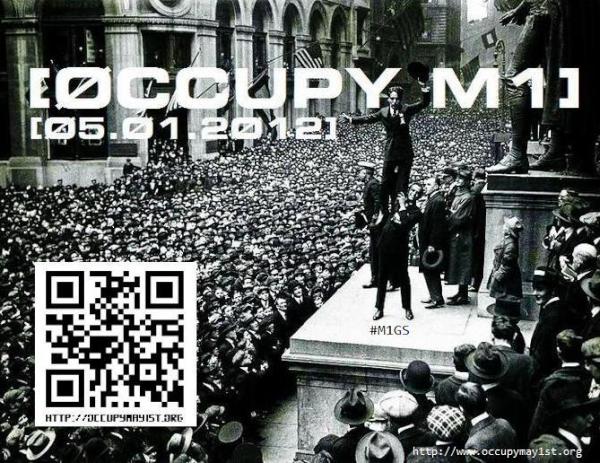 Can we say that activism is the new theory? Not the replacement for theory, not the subject of theory but the interface where we “do” theory. As this project is today one quarter complete, a look around seems in order. I feel change, everywhere. I feel it most where I try to think, wherever that is: that place in the twilight of the shadow city where things look different.
Can we say that activism is the new theory? Not the replacement for theory, not the subject of theory but the interface where we “do” theory. As this project is today one quarter complete, a look around seems in order. I feel change, everywhere. I feel it most where I try to think, wherever that is: that place in the twilight of the shadow city where things look different.
I’m thinking back to Ruth Gilmore saying in her 2010 Presidential Address to the American Studies Association that “policy is the new theory.” She did mean “replacement for” (in part at least), I suspect. However, given the paralysis of the existing political process that began in November 2010 with the Republican takeover of the House and many state legislatures, such a move has not seemed promising.
With the wholesale conversion of the judicial branch to political theater, as evidenced by the ludicrous Supreme Court “hearings” on health care, the old stand-by of legal activism also seems foreclosed. Let’s pause to dwell on the rank misogyny of Scalia and his ilk, insisting that, like a bad mother, the government might force real men to eat broccoli. The legal and economic ripostes are beside the point–health care makes men into wimps, according to the Stand Your Ground right.
So in saying that activism might be the new theory, I’m not saying something as simple as “we can only learn in the streets.” I am suggesting that a certain kind of High Theory, so privileged over the past two decades, and so masculine in its exaltation of rigor, is demonstrably (as it were) not the way to get to grips with the crisis. For example, the widespread suggestion amongst theorists of a certain kind that we should read St. Paul–really? I’m just not going to do that.
For Jack Halberstam, the alternative is “low theory,” an approach that he sees as a mix of Stuart Hall’s Gramscian concept of theory as a “detour en route to something else,” the Benjaminian stroll and the Situationist dérive. Add to this Rancière’s concept of education as emancipation, learning what it is that we need to learn, and there’s a very dynamic way of thinking to hand. Unsurprisingly, these approaches have also featured widely across Occupy 2012.
What is surprising to an extent is the new viability of anarchist approaches in the critical context. When I was writing The Right to Look, I spent a good deal of time worrying about whether I could discuss anarchist interpretations of history, the general strike, Rosa Luxemburg and so on and be taken “seriously.” I wonder why I worried now. On the one hand, who cares if the seriousness police mark you down as one of them? On the other, the reason those ideas seemed important was a mark of the crisis in which we were already immersed. The an-archive is newly open for thinking.
At the same time, I’d be surprised if anyone who has been reading frequently here thinks of this as a theory project as such. I think of it as having a series of threads, one of which might be labelled “theory,” but which would not, as it were, hold up on its own. It gets energy from, and is sustained by, the interaction with a set of activities that can be designated “activism.”
The funny thing about being an activist is no-one really thinks of themselves as being one. Those that do probably get paid to do so, which is not quite what I have in mind. I think there’s a distinction between “being an activist” and learning from activism. In this sense, the current form of activism takes all of the activities and actions that we do every day as being the site of a new politics and a new invitation to theorize.
This invitation is about making connections, finding histories, creating tools, and hearing new voices. It is also about refusing: refusing the market view of the world, refusing to “move on, there’s nothing to see here,” refusing to give up, refusing to just accept that in the end it’s all about the [Democratic/Labor/Socialist/whatever] Party.
It’s not about being the cleverest kid in the class, showing how much we know, upstaging or undercutting others with ideas. For me, it was enabled by Occupy but it is not in any way limited to that frame. In some ways, it’s already moved out of the encampments into the networks and beyond the control of all the police trying to contain it. I’m looking forward to seeing what the next nine months will bring.

Pingback: Take 2: Activist Research | Occupy 2012